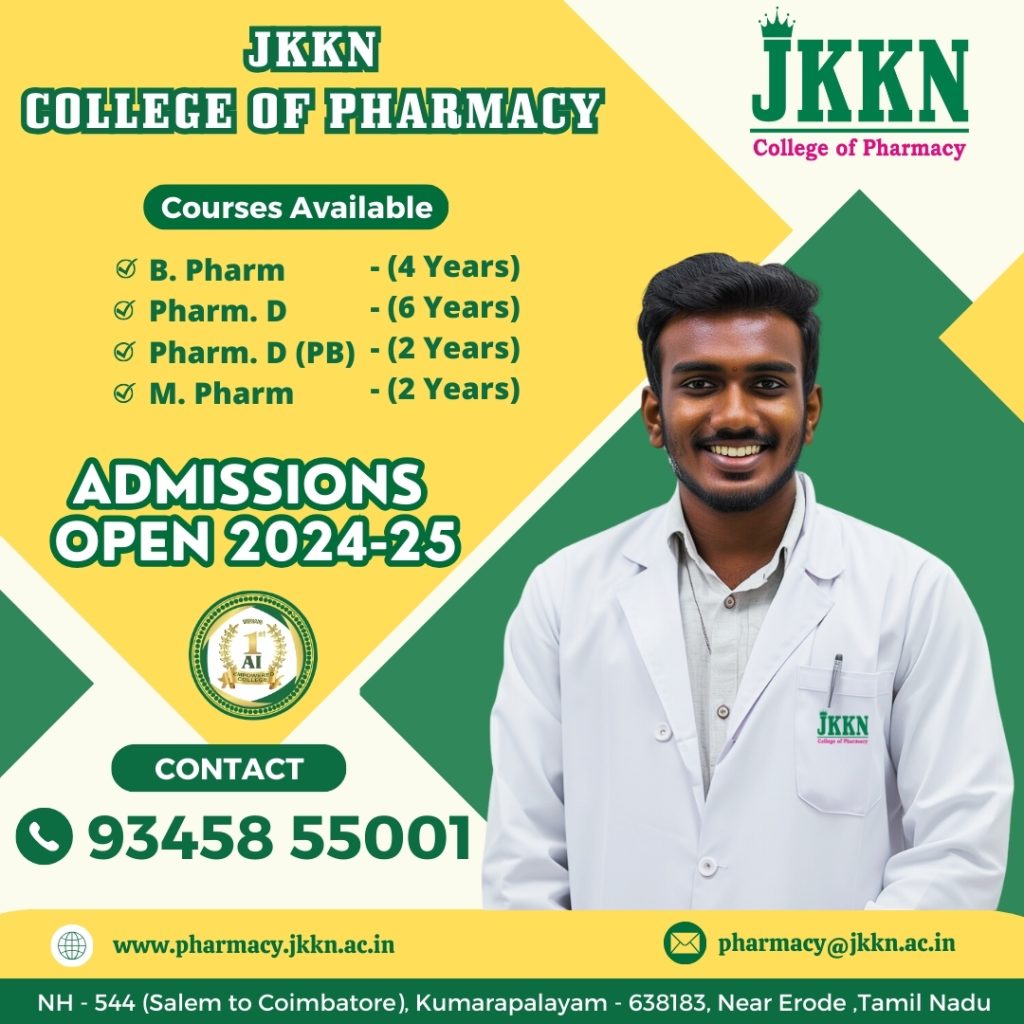III PHARM. D/ PHARMACOTHERAPEUTICS – II (THEORY)
After a successful completion of the course the students will be able to
| Course outcome number | Course Outcomes | Cognitive level | |
| CO1 | Recall and explain the guidelines for the rational use of antibiotics and surgical prophylaxis in the management of infectious diseases. Describe the pathophysiology and clinical features of infectious diseases such as tuberculosis, meningitis, and respiratory tract infections. | C1 | |
| CO2 | Understand the pathophysiology and clinical manifestations of dermatological conditions such as psoriasis, scabies, eczema, and impetigo. | C2 | |
| CO3 | Apply pharmacotherapeutic principles to select appropriate antibiotics for specific infectious diseases. | C3 | |
| CO4 | Analyze the basic principles of cancer therapy and cancer chemotherapeutic agents. Create a treatment plan for breast cancer and leukemia patients, integrating knowledge of chemotherapy and considering patient-specific factors. Analyze the treatment options for musculoskeletal disorders, including rheumatoid arthritis, osteoarthritis, and gout, considering patient-specific factors. | C4 | |
| CO5 |
Evaluate the selection and use of pharmacotherapeutic agents for the management of dermatological disorders, taking into account patient response and adverse effects. Evaluate the appropriateness of antifungal and antiviral treatments for various fungal and viral infections, considering patient factors and potential drug interactions. Evaluate the pharmacological management of renal disorders, including acute and chronic renal failure, and assess the role of renal dialysis in these conditions. Critically assess and recognize drug-induced renal disorders, suggesting appropriate interventions. |
C5 | |
| CO6 | Develop a comprehensive understanding of the pharmacological management of HIV and opportunistic infections, including the use of antiretroviral therapy. | C6 | |
Remembering (C1), Understanding (C2), Applying (C3), Analysing (C4), Evaluating (C5) and Creating (C6)
III PHARM. D/ PHARMACOTHERAPEUTICS – II (PRACTICAL)
After a successful completion of the practical’s the students will be able to
| Course outcome number | Course Outcomes | Psychomotor Level |
| CO1 | Demonstrate accurate and aseptic drug preparation techniques specific to tuberculosis and meningitis medications, ensuring safe handling and administration. |
Imitation (P1) |
| CO2 | Proficiently calculate and administer dosages for antibiotics used in treating respiratory tract infections and gastroenteritis, considering patient weight and condition. | Manipulation (P2) |
| CO3 | Exhibit precise and sterile medication administration skills for patients with endocarditis and septicemia, including intravenous drug administration and monitoring. | Precision (P3) |
| CO4 | Formulate individualized treatment plans for urinary tract infections, protozoal infections (e.g., malaria), and HIV with opportunistic infections, incorporating patient-specific factors and therapeutic considerations. | Articulation (P4) |
| CO5 | Apply critical thinking and evidence-based decision-making in complex cases involving fungal infections, viral infections (e.g., hepatitis), and sexually transmitted diseases (e.g., gonorrhea and syphilis), adapting to evolving patient conditions. | Naturalization (P5) |
Imitation (P1), Manipulation (P2), Precision (P3), Articulation (P4) and Naturalization (P5).


